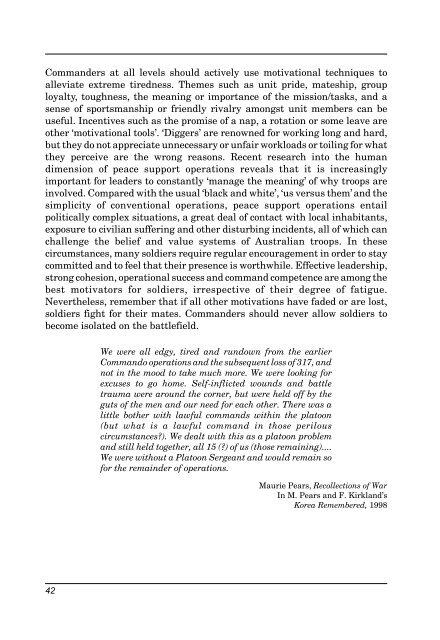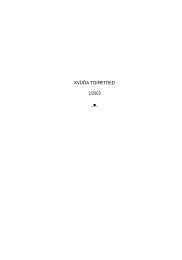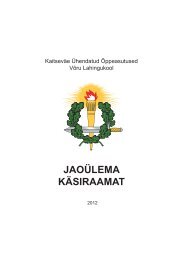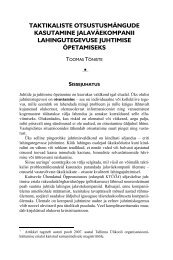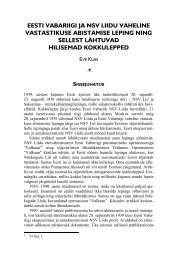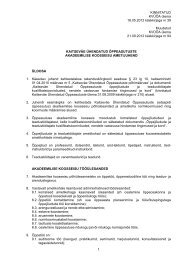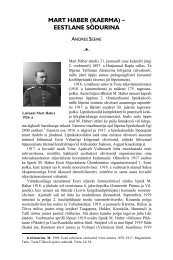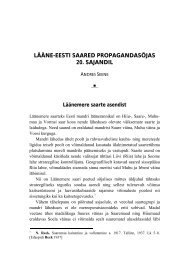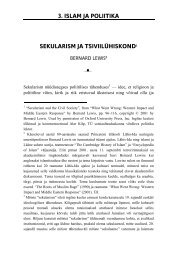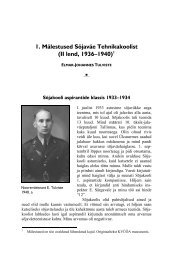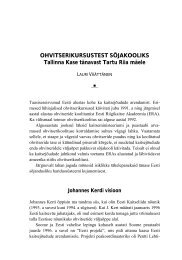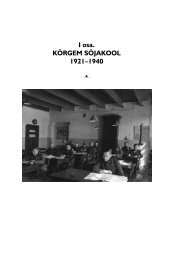Fatigue Management
Fatigue Management
Fatigue Management
Create successful ePaper yourself
Turn your PDF publications into a flip-book with our unique Google optimized e-Paper software.
Commanders at all levels should actively use motivational techniques to<br />
alleviate extreme tiredness. Themes such as unit pride, mateship, group<br />
loyalty, toughness, the meaning or importance of the mission/tasks, and a<br />
sense of sportsmanship or friendly rivalry amongst unit members can be<br />
useful. Incentives such as the promise of a nap, a rotation or some leave are<br />
other ‘motivational tools’. ‘Diggers’ are renowned for working long and hard,<br />
but they do not appreciate unnecessary or unfair workloads or toiling for what<br />
they perceive are the wrong reasons. Recent research into the human<br />
dimension of peace support operations reveals that it is increasingly<br />
important for leaders to constantly ‘manage the meaning' of why troops are<br />
involved. Compared with the usual ‘black and white', ‘us versus them' and the<br />
simplicity of conventional operations, peace support operations entail<br />
politically complex situations, a great deal of contact with local inhabitants,<br />
exposure to civilian suffering and other disturbing incidents, all of which can<br />
challenge the belief and value systems of Australian troops. In these<br />
circumstances, many soldiers require regular encouragement in order to stay<br />
committed and to feel that their presence is worthwhile. Effective leadership,<br />
strong cohesion, operational success and command competence are among the<br />
best motivators for soldiers, irrespective of their degree of fatigue.<br />
Nevertheless, remember that if all other motivations have faded or are lost,<br />
soldiers fight for their mates. Commanders should never allow soldiers to<br />
become isolated on the battlefield.<br />
We were all edgy, tired and rundown from the earlier<br />
Commando operations and the subsequent loss of 317, and<br />
not in the mood to take much more. We were looking for<br />
excuses to go home. Self-inflicted wounds and battle<br />
trauma were around the corner, but were held off by the<br />
guts of the men and our need for each other. There was a<br />
little bother with lawful commands within the platoon<br />
(but what is a lawful command in those perilous<br />
circumstances?). We dealt with this as a platoon problem<br />
and still held together, all 15 (?) of us (those remaining)....<br />
We were without a Platoon Sergeant and would remain so<br />
for the remainder of operations.<br />
Maurie Pears, Recollections of War<br />
In M. Pears and F. Kirkland's<br />
Korea Remembered, 1998<br />
42


